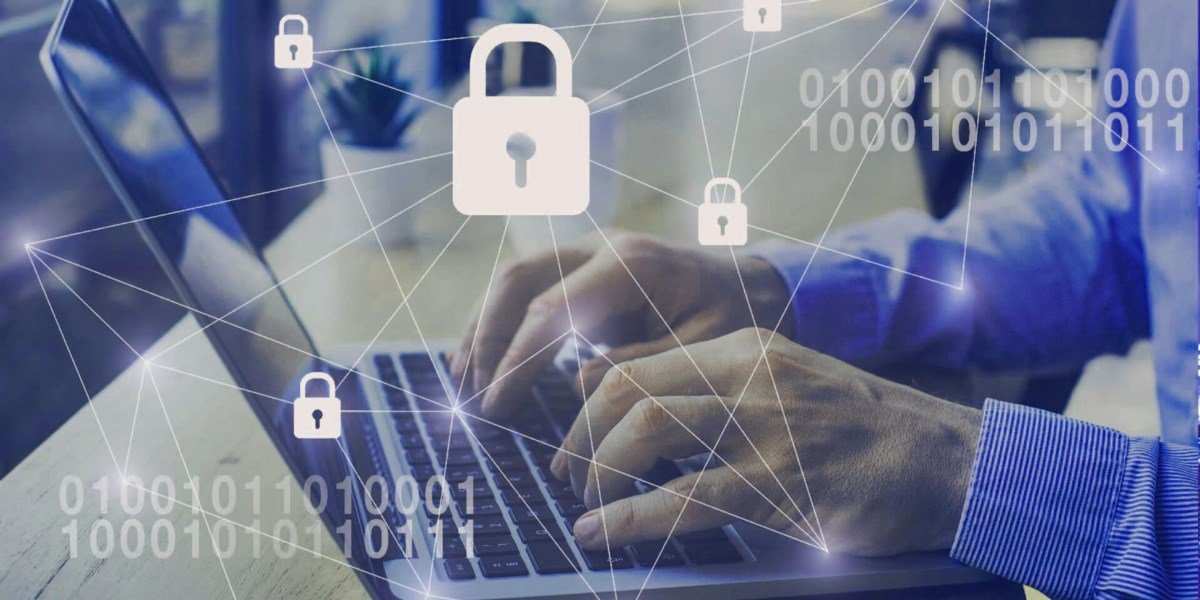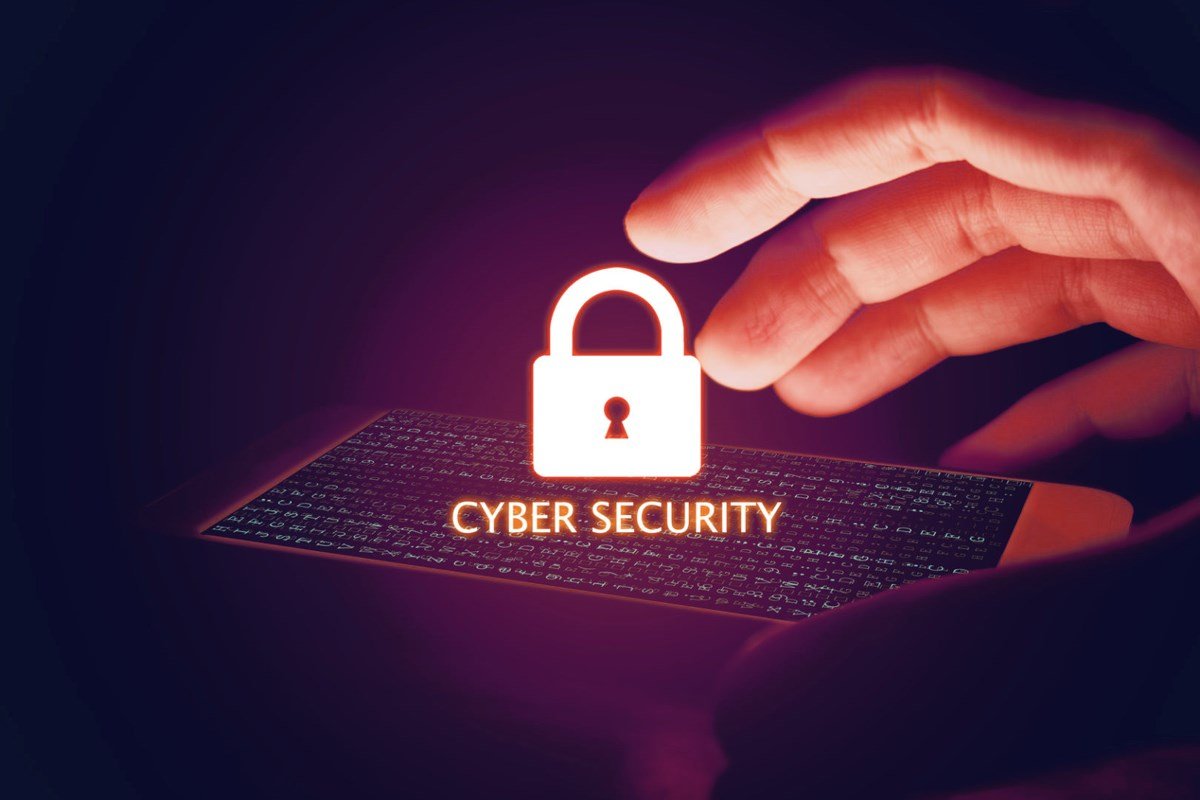The world of technology is rapidly evolving, and with it, the realm of cybersecurity is facing new challenges. As we step into 2023, cyber threats continue to escalate, posing significant risks to individuals, organizations, and even nations. In this landscape, blockchain technology emerges as a promising solution that can revolutionize the field of cybersecurity. By leveraging the decentralized and immutable nature of blockchain, security professionals can bolster their defenses against increasingly sophisticated attacks. In this article, we will explore the role of blockchain in cybersecurity in 2023 and delve into its potential applications in safeguarding digital assets.
Read more: Top Secrets to Unlocking the Power of Blockchain in 2023
Understanding Blockchain Technology
Table of Contents
- 1 Understanding Blockchain Technology
- 2 Cybersecurity Challenges in 2023
- 3 The Role of Blockchain in Cybersecurity
- 4 Blockchain Applications in Cybersecurity
- 5 Challenges and Limitations of Blockchain in Cybersecurity
- 6 Future Trends and Possibilities
- 7 Conclusion
- 8 FAQs
- 8.1 How does blockchain technology enhance cybersecurity?
- 8.2 Can blockchain prevent all types of cyber attacks?
- 8.3 Are there any limitations to using blockchain for cybersecurity?
- 8.4 What industries can benefit the most from blockchain in cybersecurity?
- 8.5 How can individuals protect their digital assets using blockchain technology?

Before we delve into the role of blockchain in cybersecurity, it’s essential to grasp the fundamentals of this revolutionary technology. At its core, blockchain is a decentralized and distributed ledger that records transactions across multiple nodes in a network. Each transaction, or “block,” is linked to the previous one through cryptographic hashes, forming an unchangeable chain of records. This decentralized structure eliminates the need for intermediaries and central authorities, enhancing transparency and security.
Cybersecurity Challenges in 2023
The year 2023 brings forth a myriad of cybersecurity challenges that demand innovative solutions. Cybercriminals are becoming more sophisticated, employing advanced techniques to breach networks, steal sensitive data, and disrupt critical infrastructure. Ransomware attacks, data breaches, and identity theft are on the rise, posing significant financial and reputational risks. Traditional cybersecurity measures, while still crucial, are no longer sufficient to combat these evolving threats.
The Role of Blockchain in Cybersecurity

Immutable and Tamper-Proof Records
Blockchain’s immutability and tamper-proof nature make it an ideal solution for secure record-keeping. Once a transaction is recorded on the blockchain, it becomes nearly impossible to alter or delete. This feature ensures the integrity and authenticity of data, mitigating the risk of data tampering or manipulation.
Decentralization and Distributed Consensus
The decentralized nature of blockchain, combined with distributed consensus algorithms, strengthens cybersecurity. Unlike traditional centralized systems, where a single point of failure can compromise security, blockchain distributes data across multiple nodes. This decentralization makes it extremely difficult for attackers to manipulate or compromise the entire network, enhancing resilience.
Enhanced Data Privacy and Encryption
In an era of widespread data breaches and privacy concerns, blockchain offers enhanced data privacy and encryption capabilities. By storing data in encrypted form on the blockchain, sensitive information remains secure from unauthorized access. Additionally, blockchain-based identity management systems enable individuals to have greater control over their personal data, reducing the risk of identity theft.
Identity Management and Authentication
Blockchain technology provides a robust framework for identity management and authentication. Traditional username-password systems are susceptible to hacking and credential theft. By leveraging blockchain’s decentralized and cryptographically secure infrastructure, individuals and organizations can establish trust and verify identities without relying on centralized authorities.
Smart Contracts for Secure Transactions
Smart contracts, self-executing agreements built on blockchain, enhance the security of digital transactions. By automating contract execution and removing the need for intermediaries, smart contracts reduce the risk of fraud and manipulation. These contracts are tamper-proof, ensuring that transactions occur exactly as intended, without the need for intermediaries or costly audits.
Threat Detection and Incident Response
Blockchain can play a crucial role in threat detection and incident response. By monitoring network activity and recording it on the blockchain, security professionals can detect anomalies and suspicious behavior. Moreover, the decentralized nature of blockchain ensures that threat intelligence is shared securely and efficiently, enabling faster incident response and mitigation.
Supply Chain Security and Transparency
Blockchain technology offers enhanced security and transparency in supply chain management. By recording every transaction and movement of goods on the blockchain, organizations can trace and verify the origin, authenticity, and journey of products. This level of transparency reduces the risk of counterfeit goods, enhances trust between stakeholders, and ensures the integrity of the supply chain.
Blockchain Applications in Cybersecurity
The applications of blockchain in cybersecurity are vast and far-reaching. Let’s explore some of the key areas where blockchain can make a significant impact:
Securing Internet of Things (IoT) Devices
The proliferation of IoT devices presents a unique challenge for cybersecurity. Blockchain can provide a decentralized and secure framework for IoT device identification, authentication, and data exchange. By leveraging blockchain, IoT devices can establish trust among themselves, reducing the risk of unauthorized access and compromised networks.
Protecting Digital Identities
Identity theft and unauthorized access to personal information remain significant concerns. Blockchain-based identity management systems can provide individuals with self-sovereign identities, empowering them to control and protect their personal data. With blockchain, identity verification becomes more robust and secure, reducing the risk of identity theft and fraud.
Safeguarding Financial Transactions
Financial institutions are prime targets for cybercriminals. Blockchain technology can secure financial transactions by eliminating the need for intermediaries and reducing the risk of fraudulent activities. The transparent and immutable nature of blockchain ensures the integrity and traceability of financial transactions, enhancing trust and security in the financial sector.
Ensuring Data Integrity and Auditability
Data integrity and auditability are critical in many industries, such as healthcare and legal sectors. Blockchain provides a tamper-proof and verifiable record of data transactions, ensuring the integrity and authenticity of information. By leveraging blockchain, organizations can maintain auditable records, reducing the risk of data manipulation or unauthorized access.
Preventing DDoS Attacks
Distributed Denial of Service (DDoS) attacks can cripple networks and disrupt services. Blockchain-based solutions can mitigate the impact of DDoS attacks by distributing network resources across multiple nodes. The decentralized nature of blockchain makes it challenging for attackers to overwhelm a network, ensuring its availability and resilience.
Enhancing Vulnerability Management
Identifying and patching vulnerabilities is a constant challenge in cybersecurity. Blockchain-based vulnerability management systems can streamline the process by securely recording and sharing vulnerability data across organizations. This collaborative approach helps in proactive threat intelligence sharing and faster vulnerability remediation.
Reducing Fraud and Counterfeiting
Fraud and counterfeiting plague various industries, from luxury goods to pharmaceuticals. Blockchain technology can provide a transparent and immutable record of transactions and product ownership. This transparency enables consumers and businesses to verify the authenticity and provenance of goods, reducing the risk of fraud and counterfeit products.
Challenges and Limitations of Blockchain in Cybersecurity

While blockchain offers significant advantages in cybersecurity, it also has its limitations and challenges. Some of the key considerations include scalability issues, energy consumption, regulatory frameworks, interoperability, and the potential for new attack vectors. Addressing these challenges will be crucial in harnessing the full potential of blockchain in cybersecurity.
Future Trends and Possibilities
As technology continues to evolve, so will the role of blockchain in cybersecurity. Future trends may include the integration of artificial intelligence and machine learning algorithms with blockchain to enhance threat detection and automate incident response. Additionally, advancements in quantum-resistant cryptography may further strengthen the security of blockchain-based systems.
Read more: Understanding the role of cryptography in cybersecurity
Conclusion
In conclusion, blockchain technology holds immense promise in bolstering cybersecurity defenses in 2023 and beyond. By leveraging its immutable and decentralized characteristics, blockchain can address the evolving cybersecurity challenges faced by individuals, organizations, and society as a whole. From securing transactions to protecting identities and enhancing supply chain transparency, blockchain’s applications in cybersecurity are diverse and transformative. Embracing blockchain technology in conjunction with traditional cybersecurity measures will help build a safer and more resilient digital ecosystem.
FAQs
How does blockchain technology enhance cybersecurity?
Blockchain enhances cybersecurity by providing immutability, decentralization, enhanced data privacy, secure identity management, and smart contracts for secure transactions. These features make it difficult for attackers to compromise data, manipulate transactions, or engage in fraudulent activities.
Can blockchain prevent all types of cyber attacks?
While blockchain offers significant security advantages, it cannot prevent all types of cyber attacks. It addresses specific vulnerabilities and provides robust security in areas such as data integrity, identity management, and transaction security. However, organizations should employ a multi-layered approach to cybersecurity, combining blockchain with other security measures for comprehensive protection.
Are there any limitations to using blockchain for cybersecurity?
Yes, there are limitations to using blockchain for cybersecurity. Some challenges include scalability issues, energy consumption, regulatory frameworks, interoperability, and potential new attack vectors. Addressing these challenges will be crucial in realizing the full potential of blockchain in cybersecurity.
What industries can benefit the most from blockchain in cybersecurity?
Several industries can benefit significantly from blockchain in cybersecurity. These include finance, healthcare, supply chain management, IoT, identity management, and any sector that deals with sensitive data, digital transactions, or requires auditability and data integrity.
How can individuals protect their digital assets using blockchain technology?
Individuals can protect their digital assets by leveraging blockchain technology for secure identity management, utilizing blockchain-based platforms for financial transactions, and verifying the authenticity of products through blockchain-enabled supply chains. Additionally, practicing good cybersecurity hygiene, such as using strong passwords and keeping software up to date, remains essential.




